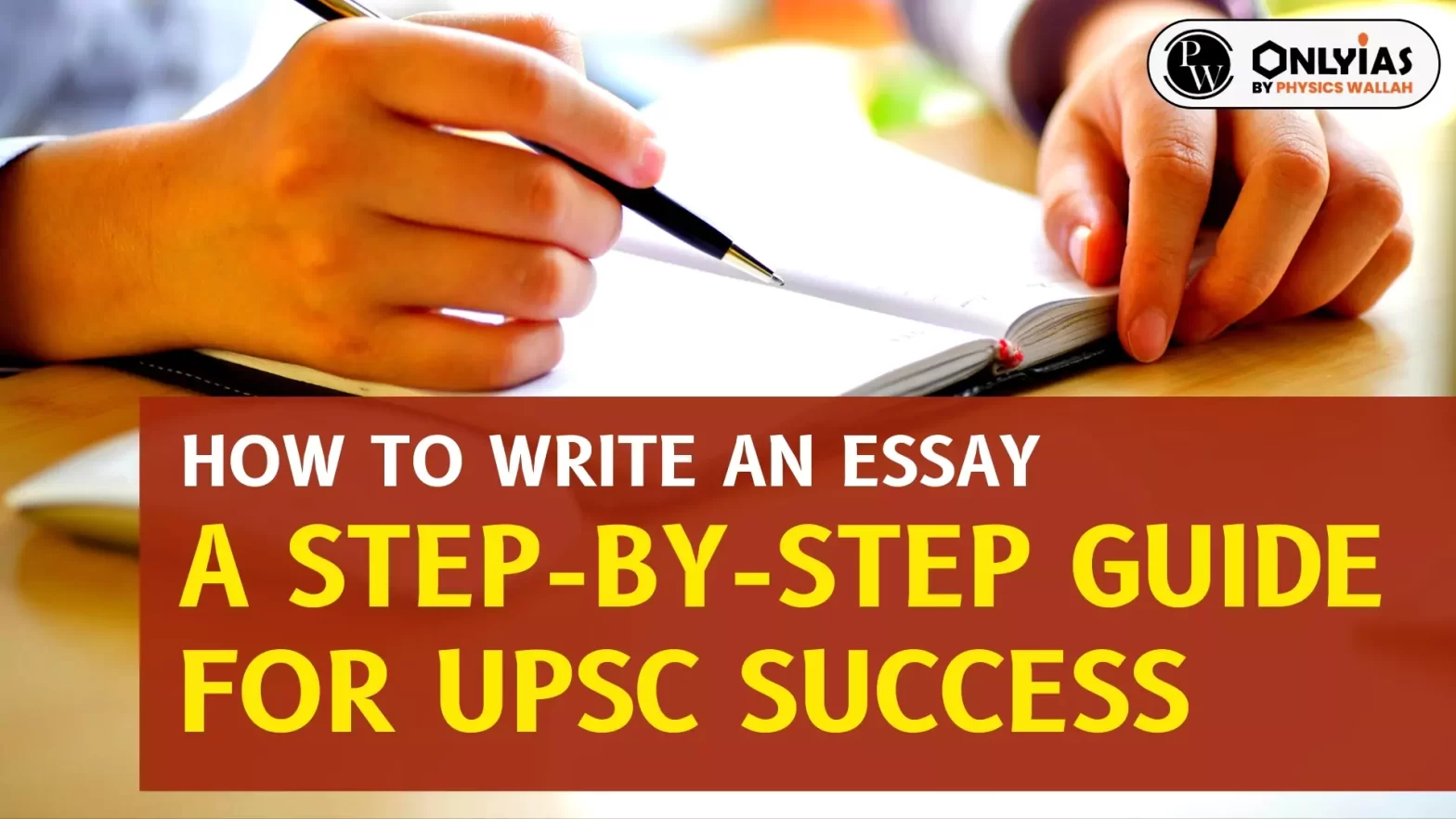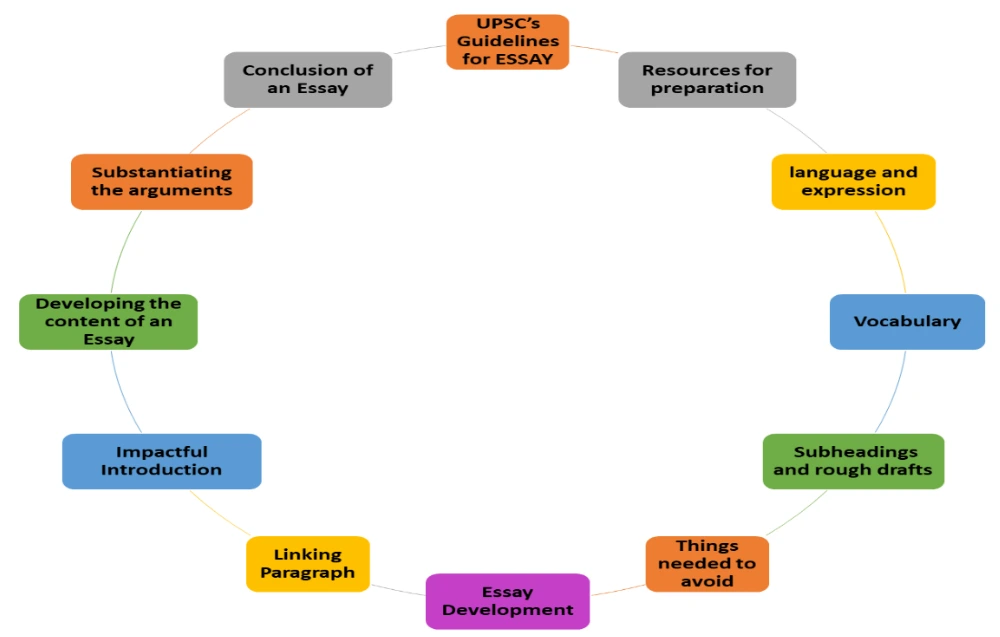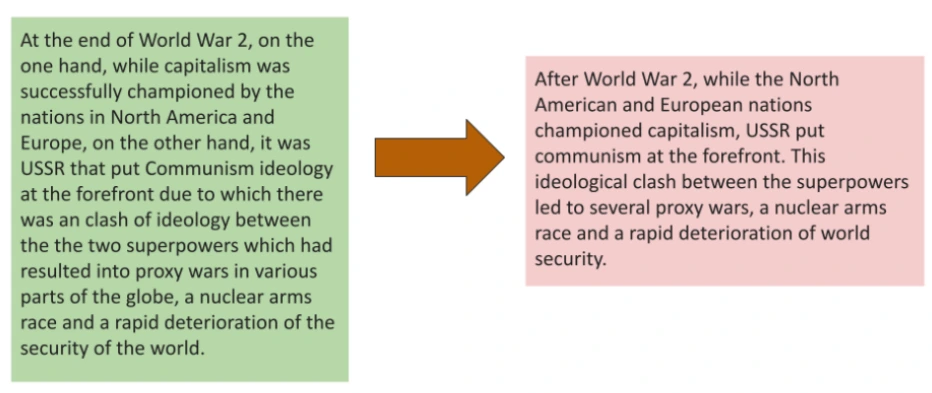Unlock success in UPSC exams with our comprehensive guide on how to write an essay. Learn effective strategies, structure, and language for top scores. Master the art of impactful essay writing now!

The Union Public Service Commission conducts Civil Services Exams every year which comprises three stages i.e Prelims, Mains, and the Interview. The UPSC Mains exam consists of multiple papers, with the first paper being the Essay paper. In this article, we will see how to write an essay so that candidates can fetch good marks in this UPSC essay paper. Before proceeding further let us look at the structure of UPSC exam structure.

If we analyze the past year’s trends of selected aspirants there is a pattern deciphered which indicates that almost all selected candidates get the highest marks in essay papers out of all papers of UPSC mains. Marks obtained in essay papers play an important role in overall marks in the UPSC CSE exam so it has become very important to know how to write an essay. Although essay papers should have good content, proper structure, and coherency, using quotes or statements but a proper structure is needed for putting all elements of the essay aligned to make an impactful essay.

The majority of the content for the essay paper will be extracted from the General Studies (GS) preparation. However, to enrich the essay candidates can consider the following additional sources:

There are many small points we do and don’t do in an essay which mess up our essay and despite having good knowledge about the topic, the candidate can’t get marks in the essay that he/she deserves.
Effectively transitioning from one paragraph to the next can be accomplished using three methods:
The styles that can be used to spin our essay around the given topic, depend on the nature of the topic and go as follows-
| Must Read | |
| NCERT Notes For UPSC | UPSC Daily Current Affairs |
| UPSC Blogs | UPSC Daily Editorials |
The most acceptable structure of an essay for UPSC includes an introduction, a well-organized body with distinct paragraphs covering different aspects, and a wrapping conclusion.
The choice of essay topics among the essay topics is crucial as it sets the tone for your essay. Try to pick a topic that aligns with your strengths, prepare candidates for a balanced argument, and showcase the depth of understanding of candidates on various issues.
Candidates should stick to around 1200-1500 words. Concise and focused writing is appreciated, so avoid unnecessary verbosity.
<div class="new-fform">
</div>
